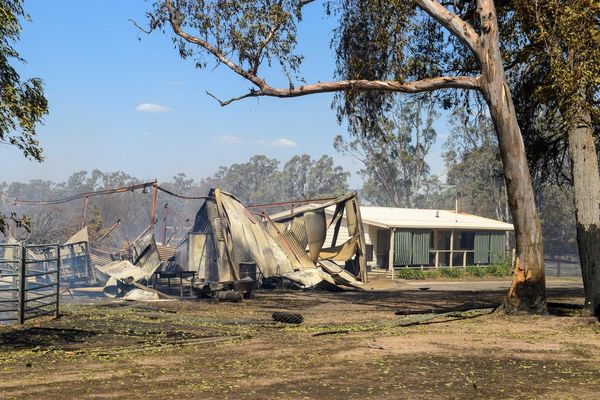As the revocation of the special constitutional position of Jammu and Kashmir completed three years on Friday, the Centre continues to adopt a tough stance towards containing separatist sentiment in the Valley and is far from lowering the guard. With gains made on many counts, the real test lies in restoring political as well as electoral processes in Kashmir.
Jammu and Kashmir Lieutenant Governor Manoj Sinha’s administration revels in the success achieved on the tourism front. With tourist footfall in Kashmir crossing 10 lakhs, highest in the past one decade, the fast-expanding tourist infrastructure has seen many takers locally as well as outside the Union Territory, with the mood on the streets reflecting a pre-1990 militancy era.
An official said the growing footfall saw Chief Executive Officer, OYO India, Ankit Gupta In July offering to work on an ambitious project of setting up 200 homestays “to create rural livelihoods in J&K under project ‘Crown of Incredible India’, in a bid to open off-beat tourist destinations to travellers first time in the past three decades”.
The second biggest achievement on the development front has been approved investment proposals worth ₹27,000 crores, with the J&K administration eyeing ₹70,000 crores for this year. However, except for the ₹150-crore project of the JSW Group, of the Jindals, to set up a steel plant in south Kashmir’s Pulwama, work on any other major project in the Valley is yet to take off.
Poor recruitment pace, with just around 1,500 recruited since 2019, and irregularities in recruitment processes, which already saw the cancellation of 1,200 sub-inspectors selected, has put a question mark on the credibility of the L-G administration.
Despite the gains on the development front, the security apparatus remains on the edge in Kashmir. An official said the number of security personnel mobilised into Kashmir ahead of the August 5, 2019 move by the Centre to end the special position “remains by and large the same”.
83 NIA raids
The National Investigation Agency (NIA) has carried out more than 83 raids in Kashmir this year so far to put a constant pressure on militants and their support base, official figures suggested. Around 500 militants have been killed in Kashmir since 2019, but the ranks continue to swell. As the police continue to deny the bodies of militants to their families fearing more recruitments, local recruits remain a major security challenge.
Ten residential properties stand attached for providing bases to militants in Srinagar. Over 30 employees were terminated from their services, including policemen, teachers and senior officials, on the adverse basis of police reports to deter locals from nursing separatist sentiments. Late separatist leader Syed Ali Shah Geelani’s grandson and Hizbul Mujahideen chief Syed Salahuddin’s two sons were among those shunted from government services.
Militancy spillover
A senior official admitted that militancy saw a spillover into the Chenab Valley and the Pir Panjal valley, otherwise peaceful, after August 5, 2019. “Fresh challenge is that youth joining militancy are no longer hiding in jungles with weapons or making announcements online. Instead, the fresh recruits live a normal life and act only when directed to carry a subversive action and resume normal routine,” a police officer with the Counter Intelligence Kashmir said.
With the security still struggling to have a grip on the ground, the first-ever elections in the youngest UT remains a distant dream. The L-G administration has denied even permission to hold elections for civil society bodies on different pretexts, including the Kashmir Bar Association, Kashmir Chamber of Commerce and Industries and Kashmir Press Club.
“August 5 will perpetually be remembered as a dark day and a day of disempowerment in the history of J&K. Though as an eyewash, senior leaders of the government had assured the nation on the floor of the House that our rights will be restored to heal the wounds inflicted on the people of J&K. However, three years have passed but they have failed to even give the rights to the State to have a representative government,” Peoples Conference chief Sajad Lone said.
The second biggest political challenge for Delhi remains on how to deal with separatist constituencies apart from the iron-hand policy in the long run.







